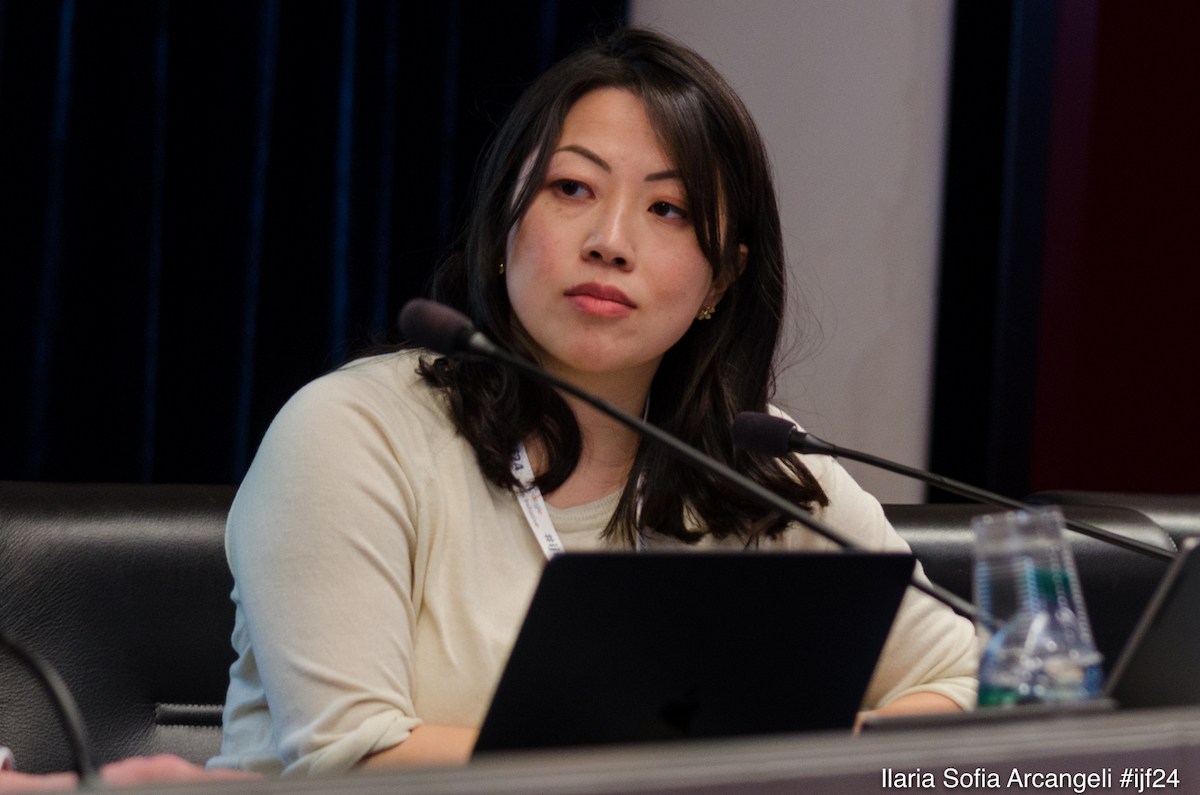
The International Journalism Festival weekly round-up. Stay up to date by subscribing to our newsletter, by following us on Instagram or Telegram, or by joining us on Bluesky.
From attention merchants to intention architects: the invisible infrastructure reshaping human curiosity. We are witnessing the twilight of the attention economy as we know it, and the birth of the intention economy. By Shuwei Fang
Hungary’s top tabloid sold to company close to Orban. Opposition leader Peter Magyar accuses Viktor Orban’s Fidesz party of seizing control of Hungary’s last major independent media outlets
How news is being used to dictate reality. In an age where state directed media and tightly managed information are enabling world leaders to determine their own narratives, it is harder than ever for global citizens to share the same version of reality. Across screens and across borders, these parallel realities are reshaping how the world sees itself — and how people see each other
Reporting from inside the Amazon. A new generation of journalists emerges from the rainforest, just in time for COP30
Why independent media need better owners, not just better business models. The case for Media-Owning Stewardship Entities (MOSEs), a category of non-profit, trust- and foundation-based structures that own and safeguard independent media in perpetuity
End impunity: Europe’s journalists are under attack – and their abusers walk free. The pattern is clear: coordinated waves of digital abuse, aimed mainly at women and minority journalists, with almost total impunity for the perpetrators, writes Peter Vandermeersch
What does the future hold for airports? See how innovations such as AI, biometrics, and flying taxis could transform the airport experience in a new edition of McKinsey’s The Next Normal.

Twenty-nine governments join forces in defense of access to free and reliable information worldwide. Historic Paris declaration on multilateral action lays out commitments by leading democracies
The power of emotion for social change. How different would journalism look if we (the people who produce it – and especially those who care about impact) accepted that humans are emotional beings, not rational ones? By Eliza Anyangwe
The EBU just published a new report on how well consumer AI chatbots function as gateways to news by public service media – an interesting piece, but with some big problems that make me question its usefulness. By Felix Simon, with comments from others including David Caswell and Nicholas Diakopoulos
How Sweden’s largest daily newspaper built its own chatbot to let users choose how they consume news. Earlier this year the Swedish newspaper Aftonbladet launched a chatbot available in 50 languages to allow its users to obtain news in a different way. The Fix spoke with the publisher’s editorial and innovation director
Inside the new multilingual newsrooms using GenAI for translation. Chicago’s La Voz, The Economist’s Español TikTok channel, and BBC News Polska have all benefitted from careful use of translation tools with human oversight
Tech platforms promised to label AI content. They’re not delivering. An Indicator audit of hundreds of synthetic images and videos reveals that platforms frequently fail to label AI content
The British Broadcaster is Coming. The BBC is making a play in the US. Can it find a market?
Photo credit: Shuwei Fang, author of the 29 October 2025 article entitled From attention merchants to intention architects: the invisible infrastructure reshaping human curiosity, at #ijf24 by Ilaria Sofia Arcangeli


